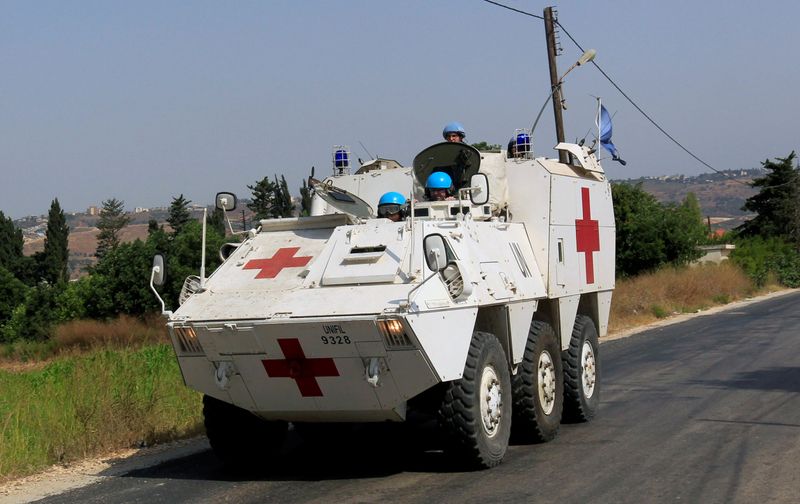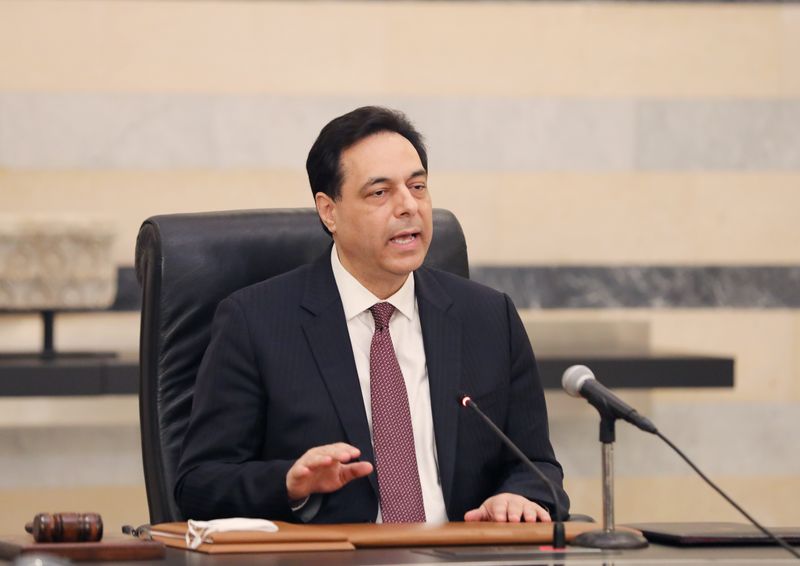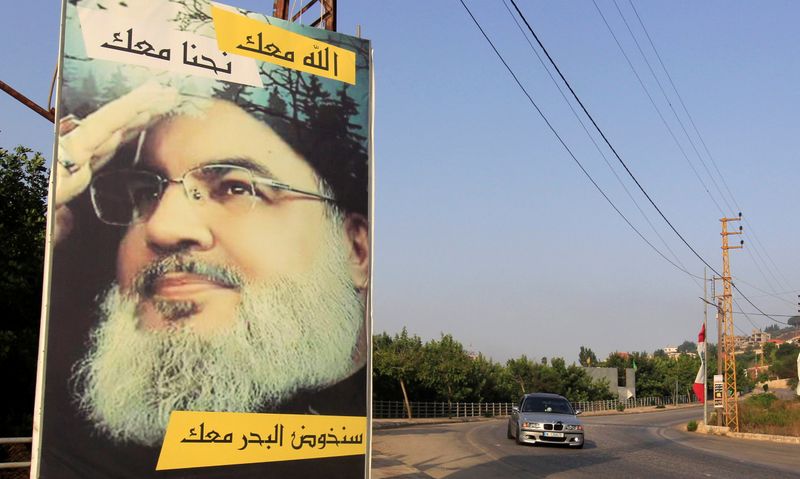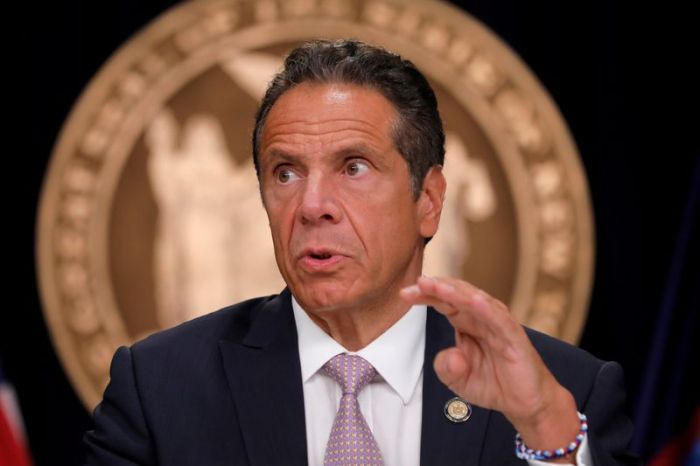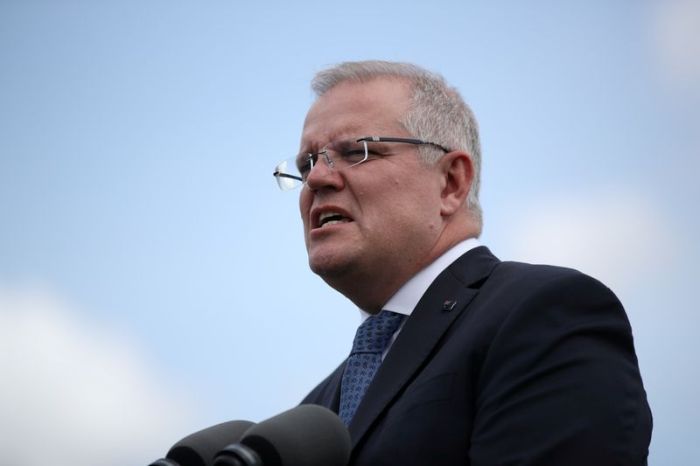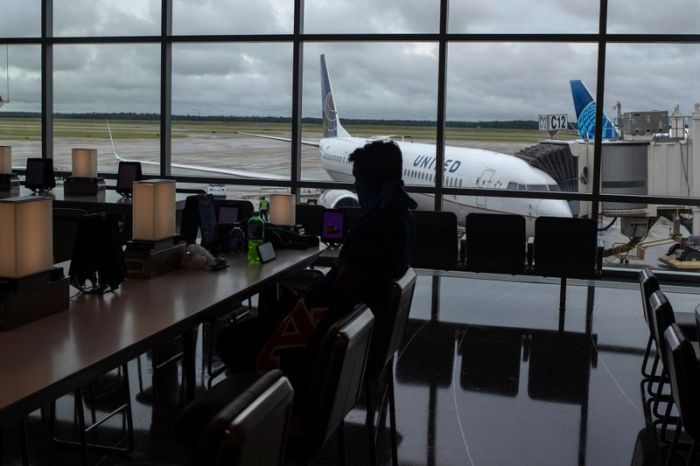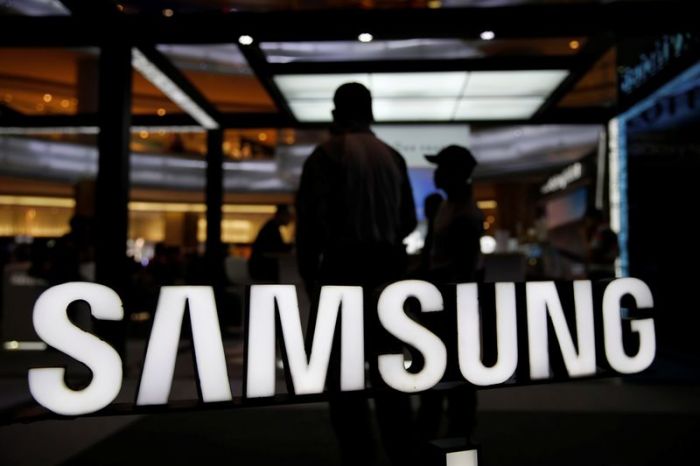BEIRUT (Reuters) – Lebanese Prime Minister Hassan Diab said on Tuesday Israel had violated his country’s sovereignty with a “dangerous military escalation” along the frontier on Monday and urged caution after a rise in border tensions.
Israeli Prime Minister Benjamin Netanyahu said his country would do “everything necessary” to defend itself, a day after saying Israeli forces had thwarted an attempt by Hezbollah to infiltrate across the frontier. The Iranian-backed Shi’ite group denied this.
A Reuters witness in Lebanon counted dozens of Israeli shells hitting the disputed Shebaa Farms area on Monday. No casualties were reported on either side of the frontier.
“I call for caution in coming days because I fear the situation will deteriorate in light of heightened tensions on our border,” Diab said on Twitter.
Israel was trying to “change the rules of engagement,” he said.
Lebanon’s government tasked the foreign minister with filing a complaint about the “Israeli assault on the south” to the U.N. Security Council.
Israeli forces have been on alert along the border in anticipation of Hezbollah retaliation for the killing of one of its members a week ago in an alleged Israeli attack on the edge of the Syrian capital Damascus.
Visiting Israel’s northern military headquarters on Tuesday, Netanyahu said Israeli forces would continue to take action “to prevent Iranian military entrenchment in the region”.
His comment suggested that attacks in Syria, where Hezbollah fighters are deployed to support President Bashar al-Assad, would continue.
“We will do everything necessary to defend ourselves and I suggest to Hezbollah that it take that simple fact into account. Israel is prepared for any scenario,” Netanyahu’s office quoted him as saying.
Israel sees the presence of Hezbollah and Iran in Syria as a strategic threat, and has mounted raids on Iranian-linked targets there.
After two Hezbollah members were killed in Damascus last August, the group’s leader, Sayyed Hassan Nasrallah, vowed to respond if Israel killed any of its fighters in Syria. But Hezbollah’s deputy leader said on Sunday all-out war with Israel was unlikely.
(Reporting by Ghaida Ghantous in Beirut, Jeffrey Heller in Jerusalem, Editing by Timothy Heritage and Ed Osmond)

